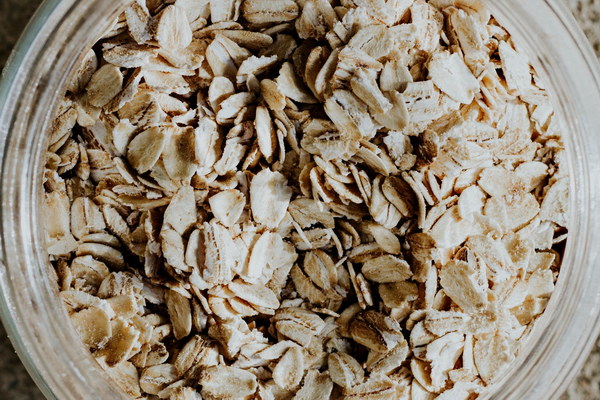Can You Run for Lung Health A Comprehensive Guide
Running has long been recognized as one of the best exercises for overall health and fitness. It is a great cardiovascular workout that helps improve lung capacity, endurance, and respiratory efficiency. However, when it comes to individuals looking to improve their lung health, the question arises: can you run for lung health? In this article, we will delve into the benefits of running for lung health, the precautions to take, and how to incorporate running into your lung health routine.
1. Benefits of Running for Lung Health
Running is an excellent way to enhance lung health for several reasons:
a. Improved Oxygen Intake: During a run, your body demands more oxygen, which leads to increased lung capacity and efficiency. This helps in improving the oxygenation of blood, leading to better overall health.
b. Enhanced Lung Function: Regular running can help in improving lung function by increasing the elasticity of the lungs and strengthening the respiratory muscles.
c. Reduced Risk of Respiratory Diseases: Running can help reduce the risk of respiratory diseases such as asthma, chronic obstructive pulmonary disease (COPD), and bronchitis by improving lung health.
2. Precautions to Take When Running for Lung Health
While running can be beneficial for lung health, it is essential to take certain precautions to avoid any adverse effects:
a. Consult a Healthcare Professional: If you have pre-existing lung conditions or any health concerns, it is crucial to consult a healthcare professional before starting a running regimen.
b. Gradual Increase in Intensity: Start with short distances and gradually increase the intensity and duration of your runs to avoid overexertion and injury.
c. Proper Breathing Techniques: Focus on deep, controlled breathing while running. Avoid shallow breathing, as it can lead to inadequate oxygen intake.
3. Incorporating Running into Your Lung Health Routine
To incorporate running into your lung health routine, follow these steps:
a. Warm-Up: Begin with a 5-10 minute warm-up to prepare your body for the run. This can include light cardio exercises, dynamic stretches, and deep breathing exercises.
b. Choose the Right Running Technique: Practice a relaxed and rhythmic running style. Focus on maintaining a steady pace and avoiding rapid acceleration.
c. Hydrate Adequately: Staying hydrated before, during, and after your run is crucial for maintaining lung health and preventing dehydration-related complications.

d. Rest and Recovery: Allow your body to recover between runs by incorporating rest days into your routine. This helps in preventing overuse injuries and allows your lungs to adapt to the increased workload.
4. Other Activities for Lung Health
In addition to running, there are other activities that can contribute to lung health:
a. Yoga: Yoga can help improve lung capacity and respiratory efficiency through various breathing exercises and poses that focus on the lungs.
b. Swimming: Swimming is an excellent low-impact exercise that can help improve lung health while providing a full-body workout.
c. Cycling: Cycling is another great cardiovascular exercise that can enhance lung health without placing excessive strain on the joints.
In conclusion, running can be an effective way to improve lung health when done correctly and safely. By consulting a healthcare professional, taking necessary precautions, and incorporating running into your lung health routine, you can reap the numerous benefits of this fantastic exercise. Remember to listen to your body, maintain proper form, and enjoy the journey towards better lung health!









